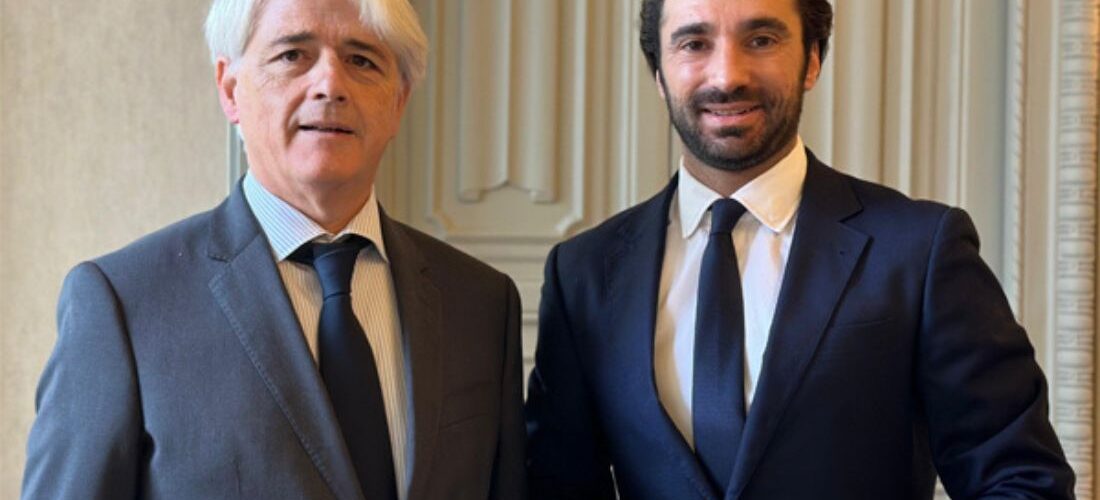Spanish universities redefine legal education thanks to AI
According to a study by the American research company, Gardner&CO, people don’t like dealing with lawyers because, as explained by its CEO, Heidi K. Gardner, they feel “dumb” for not speaking their “same language”, but AI-driven solutions, such as Justicio, with the support of its official sponsor, legaltech Littlejohn, are changing the game.
LANGUAGE, THE BIG BARRIER THAT SEPARATES LAWYERS AND CLIENTS
Something that is a huge barrier separating legal professionals from their clients. A barrier in legal communication that has always been one of the biggest concerns of the sector because it prevents the offering of an excellent user experience, generating a relationship of trust between lawyer and client and, therefore, loyalty.
A barrier that is very difficult to overcome or, at least, until now. And the fact is that, thanks to technology and AI, some solutions now have the ability to transform the legal and industry-specific language to a language completely adapted to different needs and particularities of understanding.
Solutions such as, for example, Justicio, the AI-based service that boosts communication between legal professionals and their clients thanks to its ability to provide grounded legal answers and transform them for different profiles.
A free solution that, through its Jargon functionality, adapts legal language in volume, structure and narrative style taking into account the particularities of adults, teenagers and even children.
THE GREAT ADVANTAGE OF SHOWING FUTURE JURISTS THE IMPACT OF LANGUAGE
Thanks to this type of solution, universities can train future lawyers in a way that is not only theoretical, but also practical and innovative. Only in this way are they truly aware of the challenges of the sector and the real impact of language in legal communication, leaving them, as a result, more prepared than ever for the professional world.
Universities such as CEU Cardenal Herrera, Rey Juan Carlos or the University of Extremadura, among others, are already carrying out such practices through real simulations of client communication assuming the role of solicitors and lawyers.
Explaining the viability of their cases, resolving queries in a reasoned manner, updating the status of their cases, analyzing rulings and sentences…, are some of the most valuable simulated challenges faced by the students as future legal professionals.
Antonio Serrano Acitores, Coordinator of Digitalization, Innovation and Communication of the URJC, affirms that “the free accessibility of Justicio promotes a more dynamic and effective learning”.
For her part, the Dean of the Faculty of Law, Business and Political Sciences CEU Cardenal Herrera, Esperanza Ferrando, says that they have had “a very positive experience” since this solution “greatly simplifies the consultation and understanding of the law, something that makes it a useful, reliable, accessible tool” agreeing with one of the students and members of his Legal Hackers team, Enrique Roger, who points out that “being able to integrate it into our training is crucial”.
TRAINING IN CAPITAL LETTERS IN NON-UNIVERSITY STUDENTS
The benefits of this technology applied to legal education are not limited to the university training of future lawyers and attorneys.
Adolescents and children in early stages are approaching the Law in a simple and even fun way thanks to this total adaptation of the language and the practical application in mediations, conflicts and day-to-day situations.
“At last we can promote activities for young people and children that make them understand their rights and duties in order to grow as informed and responsible citizens”, emphasizes the teaching staff of Colegio del Salvador (Jesuits) in Zaragoza.












